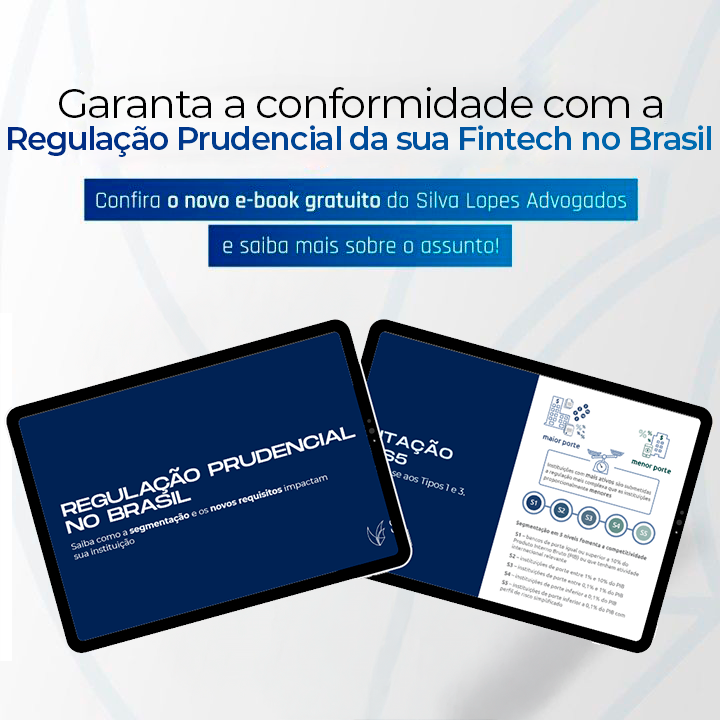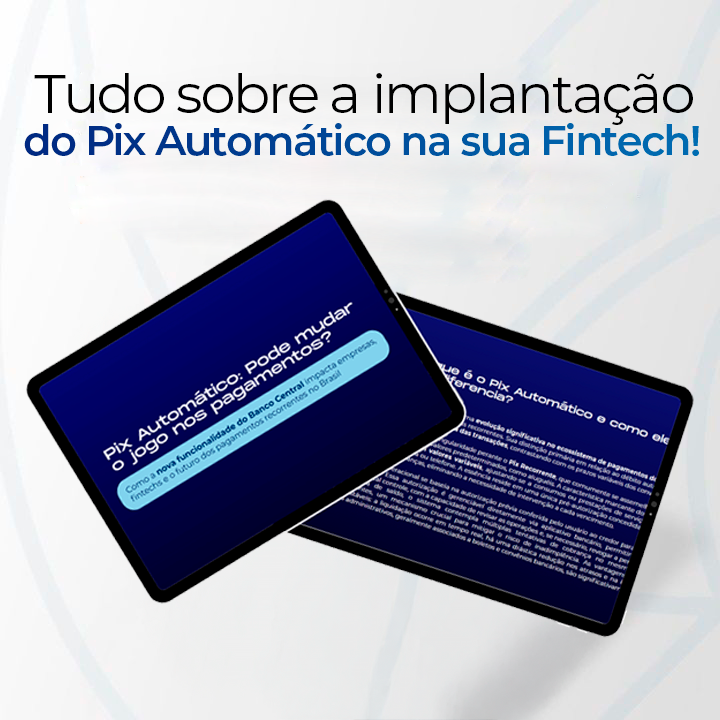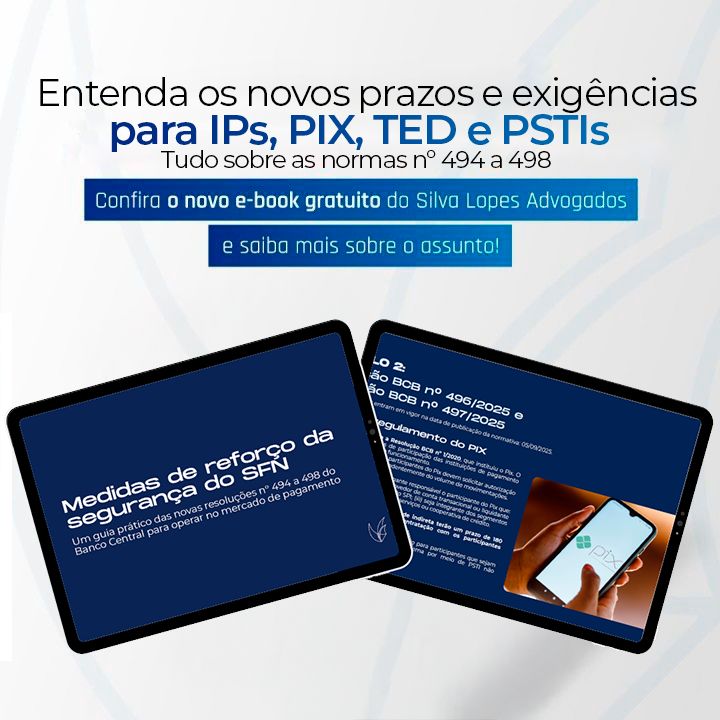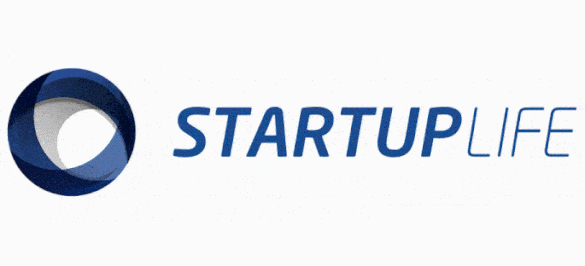By Victoria Goldenfum and Layon Lopes*
To register a trademark in Brazil is one of the first and main measures that a company must take at the moment it starts its commercial activities in the Brazilian market.
This occurs due to the fact that in Brazil, a company is only the real owner of a trademark, after the registration of this trademark is granted by the INPI (National Institute of Industrial Property). INPI is the government agency responsible for judging, controlling and enforcing the industrial property law standards in Brazil. Looking to help the entrepreneurs that are interested in doing business in Brazil, we decided to write this article, explaining how to register a trademark in Brazil, as well as what information is most needed, before filing a trademark registry application in INPI.
The legal industrial property system in Brazil, is known, informally, as the “First to file” system. That is, the party that first files the application for its trademark registry, and has successfully passed the INPI judgement, will be granted the registration of this trademark. It is just after the granting of the trademark registry, that the applicant has the economic exploitation rights of this asset, and all the industrial property rights related.
Unlike other countries around the world, as in the United States, Canada and Australia, the actual use of a trademark in the Brazilian market does not guarantee any ownership of this brand to a particular individual. In other words, regardless which party actually first uses a trademark in the market (First to Use), this not generate trademark property rights on this brand in particular. In addition to this, it is important to express that while a trademark is not properly registered in INPI, it will be considered as public domain.
That is, if you, as an entrepreneur, desire to guarantee the exclusive use protection of your trademark in Brazil, as well as ensuring all investments done in branding and market positioning, the trademark registry in Brazil is crucial for your commercial operation.
To make things easier, we have answered some of the main questions regarding trademark registry done by investors, entrepreneurs and players doing business in Brazil:
What is a trademark registry?
A trademark registry can be described as a trademark invested with legal protection, because of its registry title. So that a brand can acquire this registry, it must pass through an evaluation process, together with the official Brazilian government agency, INPI. Furthermore, after the whole evaluation process, where the trademark registry could be granted or not, if the decision of INPI is to approve the application form, it concedes the registry to the applicant. By doing so, from this moment on, and only from this moment on, is a trademark properly registered, and officially becomes an intangible asset, with added value to its applicant.
To apply for a trademark registry in Brazil, it is necessary to fill out a registration application form, which will be assessed by INPI. Through this application to register a trademark, a judgment process is initiated, in which the Institute will assess: (i) the veracity of the information shown in the application; (ii) the legality of the registration request, as well as (iii) the distinctiveness of the trademark, considering the similarity or not with other trademark registries previously registered in its database, in order to verify whether the trademark is liable or not for registration.
Only after the INPI judgment, by effectively granting the application, can it be considered that the trademark is well registered.
What are the types of trademark registries?
There are currently 03 major types of trademark registries, which are: (i) Trademark Registry for Products and Services; (ii) Certification Mark Registry; and (iii) Collective Marks Registry. In this article, we will focus objectively on Trademark Registry for Products and Services.
Trademark Registry for Products and Services: trademark used to distinguish a product or service. This is the type of trademark registry most identified in Brazil. This type of trademark registry makes it possible to protect a brand through four specific formats, which are:
a. Nominative Trademark: represented as a word trademark, or verbal trademark, is the sign made up of words in the broad sense of the Roman alphabet, also comprising neologisms and combinations of letters and / or Roman and / or Arabic numerals, as long as these elements are not presented in fantasy or figurative format.
Nestlé Petrobrás VARIG Pão de Açúcar AtlânTIca
b. Figurative Trademark: Figurative or emblematic trademark is the sign consisting only of drawing, image, figure and / or symbols;
c. Mixed Trademark: A mixed or composed trademark is a sign made up of a combination of nominative and figurative elements or even just nominative elements whose spelling is presented in a fantasy, designed, or stylized form. (as making a registration request using a logotype).
d. Three-dimensional trademark: Three-dimensional trademark is the sign constituted by a distinctive physical shape, capable of individualizing the products or services to which its forms apply.
Nice Classification:
What you do need to know before filing a trademark registry application.
It is important to mention that INPI internally follows the international standards regarding the classification of Trademark Registry for Products and Services, a classification regulated by the Vienna Agreement, expressed as the Nice International Classification (NCL). For that matter, the Trademark Registry for Products and Services in Brazil, is organized through this classification. Thus, in order to register a trademark in Brazil, for Trademarks of Products and Services, it will be necessary to define in which class or classes the application form must be fulfilled.
Usually, for startups we tend to recommend the registration in class (NCL) 42, which protects brands that provide services in the technology field, such as software development.
What is not allowed to be registered as a trademark in Brazil?
Unlike other locations, the Brazilian industrial property law does not allow the registration of elements, signs, or expressions, used only as advertisement. That is, in Brazil it is not possible to register slogans, for example.
In addition to that, trademarks that reproduce or imitate, in whole or in part, another registered trademark, in order to distinguish or identify similar products or services, will not be registered by INPI as well, because the coexistence of these brands can cause confusion to the market consumers, as well as allowing diverting of customers.
These are just some examples of regulations that express the elements that are not allowed to be registered as trademarks, among many others manifested in law and in our selected jurisprudence.
Why is it important to register a trademark in Brazil?
As previously mentioned, the ownership of a trademark in Brazil only occurs after INPI has granted the registry in favor of a trademark registry applicant. In other words, in order to enjoy the inherent rights of a trademark registry, it will be necessary to pass through the entire registration process and wait for the final judgment of INPI.
After the registration is granted, the owner of a trademark will have rights such as (i) exclusive use of the sign throughout the country, which concedes the power and right to prevent third parties from using identical or similar trademarks; (ii) rights to protect the material or moral (reputation) integrity of a brand; (iii) or the right of licensing the use of this trademark for others, upon payment of royalties, for example.
How long does the trademark registry last in Brazil?
The registry of a trademark is valid for 10 years from the date of its granting.
How long does the trademark registration process take?
Currently, the trademark registration process in Brazil takes an average about 12 – 24 months from the date of its application request.
How much does a trademark registry application cost in Brazil?
The costs of fees charged by the INPI may vary according to the size of the applicant company. In any case, the values of the application fees for trademark registration can fluctuate from R$142.00 to R$355.00 per application, per class. That is, if you are interested in registering a trademark in 2 different classes, you will have to pay twice the application fee.
In addition to that, we emphasize that the payment of other administrative fees may be charged by the INPI in order to complete the registration process.
What are the existing means for a foreign company to register its trademark in Brazil?
Currently, there are two main means for a foreign applicant (domiciled abroad) to apply for a trademark registry in Brazil.
The first option is to appoint a legal representative in Brazil, by means of the official document “power of attorney”, so that this legal representative may receive powers to represent this foreign applicant in the INPI trademark registry process. With this model, the foreign applicant will be able to apply for a trademark registration, directly through the official INPI website.
The other existing option refers to the application for registration of a trademark through the well-known Madrid Protocol. In August 2019, Brazil officially signed the Madrid Protocol, making it possible for foreign applicants to fulfill an “International Trademark Registration”. Through this multi-national and multi-actors’ procedure, available under this international treaty, the Brazilian government offers a new means that facilitates the realization of trademark registry for international applicants based in countries that are members of the Madrid Protocol.
Important tip:
To avoid any surprises through the trademark registry process, the Silva Lopes Attorneys office recommends a prior trademark registry availability research at the INPI data center. This research, when carried out by an experienced professional, makes it possible to analyze the existing registration scenario for the brand. Furthermore, through its results, it is possible to indicate additional strategies for the trademark registration process to be carried out effectively.
If you are interested in conducting this trademark availability research or in hiring our services for trademark, please contact our legal counselors, so we can assist you.
- Layon Lopes is the CEO of Silva | Lopes and Victoria Goldenfum is a member of the Silva | Lopes team.














